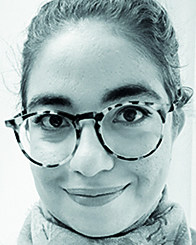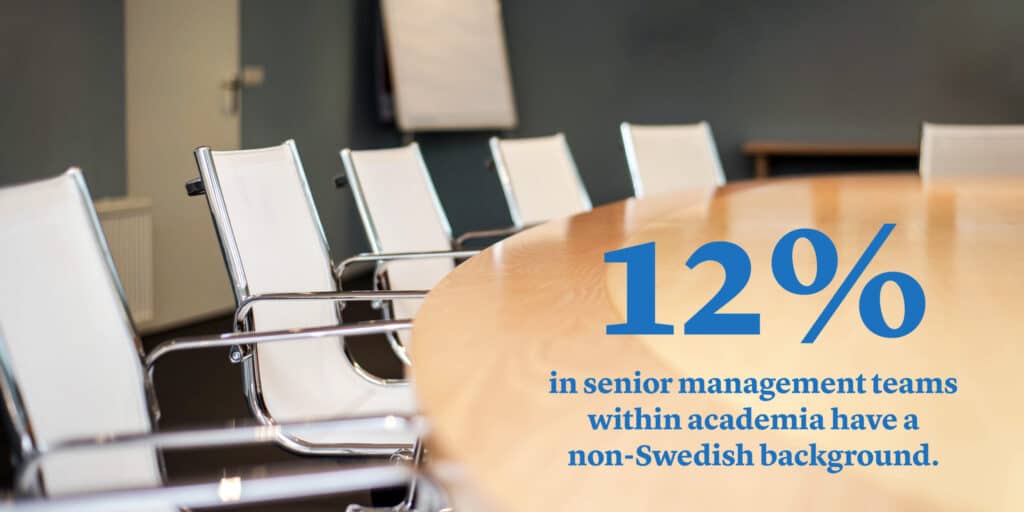Imagine a fruit basket. We would like to have diversity in the fruits inside the basket. What should be the strategy to achieve that? Should we select the fruits based on colour? Size and shape? Origin? Price class?
What happens if we focus only on one criterion or few of these criteria? There is a significant risk that we will end up with a basket full of apples of different colours and sizes which have been harvested in different geographic locations. But they are all apples. That is not true diversity. To reach true diversity, the fruits must be different, and they need to taste different.
When diversity is discussed in Sweden, the criteria are often (if not always) sex, ethnicity, disabilities, and age. The recruitment page on the website for the Swedish government www.regeringen.se reads: ”I vårt mångfaldsarbete fokuserar vi särskilt på att öka andelen medarbetare med utländsk bakgrund och vi strävar efter att nå en balans mellan kvinnor och män inom alla yrkeskategorier.”
In a summary, the Swedish government focuses on sex and ethnic background in its recruitment process to maintain a diverse workforce. While these policies are commendable, can these criteria guaranty an effective workplace with diversity in ideas, opinions, knowledge, philosophy and innovation? Two individuals from the same ethnic group may or may not have similar thinking patterns. Nothing dictates that they must be similar or different. The same can be said about sex. A man and a woman can have the same ideas and believes, while two men or two women can differ intellectually by a mile. For this reason, it is important to include and prioritize intellectual attributes in the diversity policy.
From my observations, intellectual diversity is not even frequently mentioned in diversity talks in Sweden. There is another challenge that limits it in Swedish universities. The (in)famous Swedish social conformity. It seems that everyone must think the same, act the same way, and try to avoid conflicts at any cost. For example, only a certain type of ideas or opinions are welcome to open discussions across the country, on contemporary political issues such as gender equality, climate change or immigration. It appears to me that even research ideas and proposals are filtered (please read censored) by funding agencies.
Paul Connolly, a reporter at the popular English newspaper The Local, after three years of living in Scandinavia wrote in an article in August 2015 ”Annoyingly, unlike Americans, Swedes’ superiority complex is mostly warranted. After all, the Swedes are ahead of the curve on many issues. But that doesn’t mean that newcomers to the country cannot offer a fresh perspective. Unfortunately, many Swedes have no desire to consider an outsider’s approach or listen to new solutions to old problems”.
To maintain the true purposes of universities and colleges, we must include intellectual diversity as a strategic goal. We should welcome critical thinkers who question the standards and norms, who oppose and throw challenges to us. Very often we see that the universities are trying to increase diversity, but the whole recruitment process including the job advertisement and the interview is designed to find a candidate who will fit-right-in from day one. This is completely counter intuitive. We must also make sure that the gathered intellectual diversity is nurtured and used. It is futile to employ people who are different to increase diversity, if soon enough they discover a list of accepted and unaccepted ideas or opinions.
Only intellectual diversity is aligned to the very idea of a university. Afterall, a university should have different fruits with different tastes, not all apples with different colours and shapes.
Reza Salim
Assistant Professor in Electronics,
University of Gävle

















